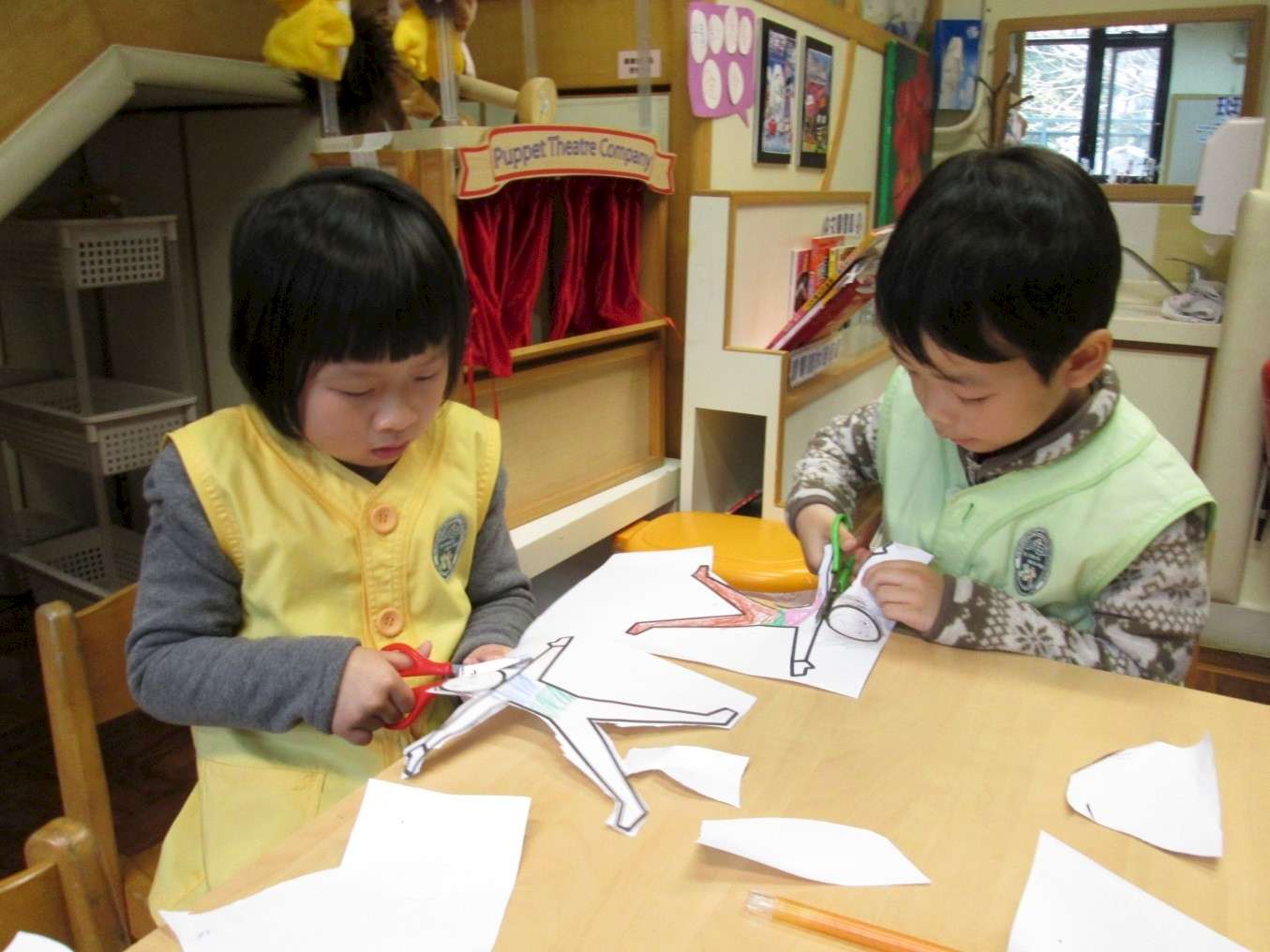Adverse Childhood Experiences – what do we know? What can we do?

As an educational psychologist I have always been aware of how an individual’s early life and in particular their attachment experiences impact on their cognitive, social and emotional development.
Finding out about a child’s early life has always been my starting point with a family but I was unaware how this background impacted on their physical health.
In the late 90s some doctors in the USA noticed that most of their obese patients had also suffered significant childhood trauma. Could there be a link? A large scale study (Felliti et al, 1998) showed a clear link between childhood trauma (such as abuse, neglect, parental separation etc.) and negative outcomes in adulthood. They also found that childhood trauma was much more common than originally believed and those with the highest levels of childhood trauma die, on average, twenty years earlier. From this initial study the concept of adverse childhood experiences (ACEs) emerged.
The English study (Bellis et al, 2014) found that almost half (46%) of the adult population in England had at least 1 ACE, while 8% had 4 or more.In Wales, a study (Bellis et al, 2015) found that those with four or more ACES were 16 times more likely to use heroin or cocaine and 20 times more likely to spend time in prison.
What is the connection between these childhood experiences and adult outcomes?
It does not seem difficult to see the link between the physical wellbeing of a child and a child who is not fed regularly but it is the accumulative impact of chronic stress on individual development that is harder to understand.
When children live in stressful environments their ‘fight, flight or freeze’ systems are continually stimulated. Constant activation of the body’s stress response systems can be toxic to brain architecture and other developing organ systems. Connections in the brain are reduced and lost through toxic stress. Fewer neural connections make it more difficult to utilize brain capacity and this impacts on the individual’s overall development. Newer research is also showing that exposure to chronic stress alters our genes, including genes that are involved in a range of diseases.
What can we do with this information?
Governments and health agencies are using this information to introduce national policies that lower the number of children exposed to ACEs, identify early those showing signs of trauma and improve the outcomes for individuals with high ACE scores.
What can you do after reading this article?
- Talk about it, read more about it, spread the information, discuss the issues, tell others – If teachers, social workers, teaching assistants, youth workers, doctors etc. know about ACEs they can do something about them.
- Don’t ask someone “What’s wrong with you?” ask “What happened to you?”
- Understand how trauma can present in children’s behaviour and what strategies might be effective.
- Ensure your school has a nurturing ethos with adults who aware of the importance of attachment and understand the impact of trauma on children.
- Ensure your school has good health promotion programmes in place. Evidence shows social emotional learning (SEL) can help mitigate the effects of trauma. Zippy’s Friends and Apple’s Friends improve levels of emotional literacy, cooperativeness with others, self-regulation and coping skills.
- Ensure your school has appropriate provision for children with social and emotional difficulties such as mentors, counsellors, a range of therapeutic inputs and nurture groups.
- Know your own ACE score. Go online and complete the quick questionnaire to understand your own experiences.
Susan Moore is an Educational Psychologist at Octavo Partnership in Croydon. She is also a Partnership for Children Licensed Trainer in South London.